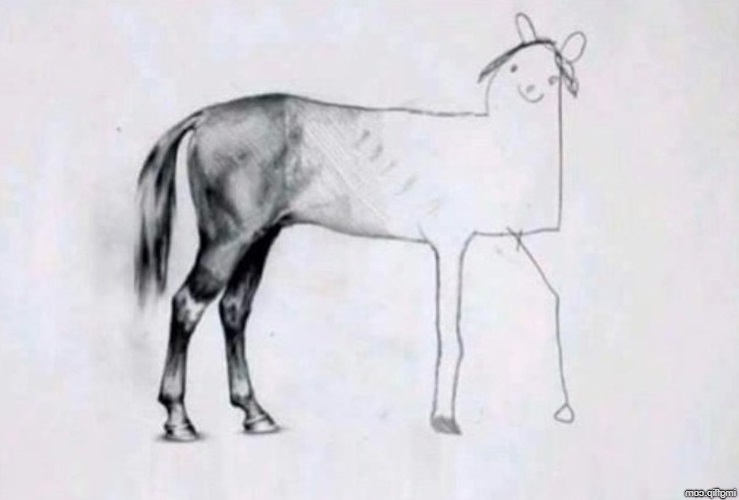Take a photo of a barcode or cover
Просто не верится в поведение героев - как-то все не естественно. Я понимаю, что любовь способна на безумства, но представить такое не могу. Как и не нравятся мне "плаксивые" окончания.
challenging
emotional
inspiring
tense
medium-paced
Plot or Character Driven:
Character
Strong character development:
Yes
Loveable characters:
Yes
Diverse cast of characters:
No
Flaws of characters a main focus:
Yes
Not quite as good as The Red and the Black, but extremely compelling and full of lovable villains and hateable protagonists (complimentary).
adventurous
emotional
reflective
sad
slow-paced
Without spoilers, the plot of this book can be summarized as follows:

The three stars of this book go to the following three things:
1) Stendhal's narrative style- this is my first novel by this author, so I was not at all familiar with his delightfully ironic and sarcastic tones.
2) The first third of Fabrizio del Dongo's story. The protagonist's (or "hero", as Stendhal often calls him) secluded upbringing made him a clumsy and ignorant yet well meaning protagonist, of whose adventures I wanted to learn more about.
3) The Waterloo Battle. It is by by far my favorite part of the novel and most of the book afterwards was a bit of a drag.
Why did I dislike it afterwards? See horse drawing above. After the battle, the story just seemed more and more rushed. Conflicts came and went without any proper or well drawn-out resolution, and at times they seemed to go back and forth in the story in a way that was just done to fill more pages in the novel, rather than to progress the plot. The rushed part felt particularly evident during the last five or so pages in the book, where there is a three year time skip after which four or five major plot things happen in succession, finishing with the title drop for the book on the last page . Wonder why the book is called the Charterhouse of Parma? Read until the end to find out! Or, just read until the battle of Waterloo and then read the last page of the book.
If the meaningless foreshadowing is to highlight the theme that prophecies are pointless and that they never come true anyways, then I tip my hat to you Stendhal, and retroactively give you half a star more for your efforts.

The three stars of this book go to the following three things:
1) Stendhal's narrative style- this is my first novel by this author, so I was not at all familiar with his delightfully ironic and sarcastic tones.
2) The first third of Fabrizio del Dongo's story. The protagonist's (or "hero", as Stendhal often calls him) secluded upbringing made him a clumsy and ignorant yet well meaning protagonist, of whose adventures I wanted to learn more about.
3) The Waterloo Battle. It is by by far my favorite part of the novel and most of the book afterwards was a bit of a drag.
Why did I dislike it afterwards? See horse drawing above. After the battle, the story just seemed more and more rushed. Conflicts came and went without any proper or well drawn-out resolution, and at times they seemed to go back and forth in the story in a way that was just done to fill more pages in the novel, rather than to progress the plot. The rushed part felt particularly evident during the last five or so pages in the book, where there is a three year time skip after which four or five major plot things happen in succession, finishing with the title drop for the book on the last page . Wonder why the book is called the Charterhouse of Parma? Read until the end to find out! Or, just read until the battle of Waterloo and then read the last page of the book.
If the meaningless foreshadowing is to highlight the theme that prophecies are pointless and that they never come true anyways, then I tip my hat to you Stendhal, and retroactively give you half a star more for your efforts.
One word: overwritten. And what was that ending?!
I don't know how fair it is to say I read this book. I didn't understand 70% of it. Maybe one day I'll read the translation and have a clue what one earth was going on.
slow-paced
Plot or Character Driven:
Character
Strong character development:
No
Loveable characters:
No
Diverse cast of characters:
No
Flaws of characters a main focus:
Yes
It's not often that I enjoy a book about a playboy who fights in battles, takes up religion because it's the easy track, and deals with the politics of court.
And yet... ahh, Stendhal, how I love your works.
The Charterhouse of Parma is full of the same sarcasm, comments on society, and "dark" humor that flavors his other works (The Red and the Black, anyone?). It's a splendid book all around: wonderfully written (translated beautifully in my opinion), full of characters that are wretched and pitiful and lovely all at once. And the few quips from the narrator that pepper the book come so naturally that at no point is any sentence jarring, out of place, or surprising in the least. The only thing that's jarring are the illustrations. They're few and far between, but wholly unnecessary.
And yet... ahh, Stendhal, how I love your works.
The Charterhouse of Parma is full of the same sarcasm, comments on society, and "dark" humor that flavors his other works (The Red and the Black, anyone?). It's a splendid book all around: wonderfully written (translated beautifully in my opinion), full of characters that are wretched and pitiful and lovely all at once. And the few quips from the narrator that pepper the book come so naturally that at no point is any sentence jarring, out of place, or surprising in the least. The only thing that's jarring are the illustrations. They're few and far between, but wholly unnecessary.
ok so i only read like 70% of this. THAT'S ALL I CAN GIVE YOU.
emotional
funny
slow-paced
Plot or Character Driven:
A mix
Strong character development:
No
Loveable characters:
No
Diverse cast of characters:
No
Flaws of characters a main focus:
Yes





